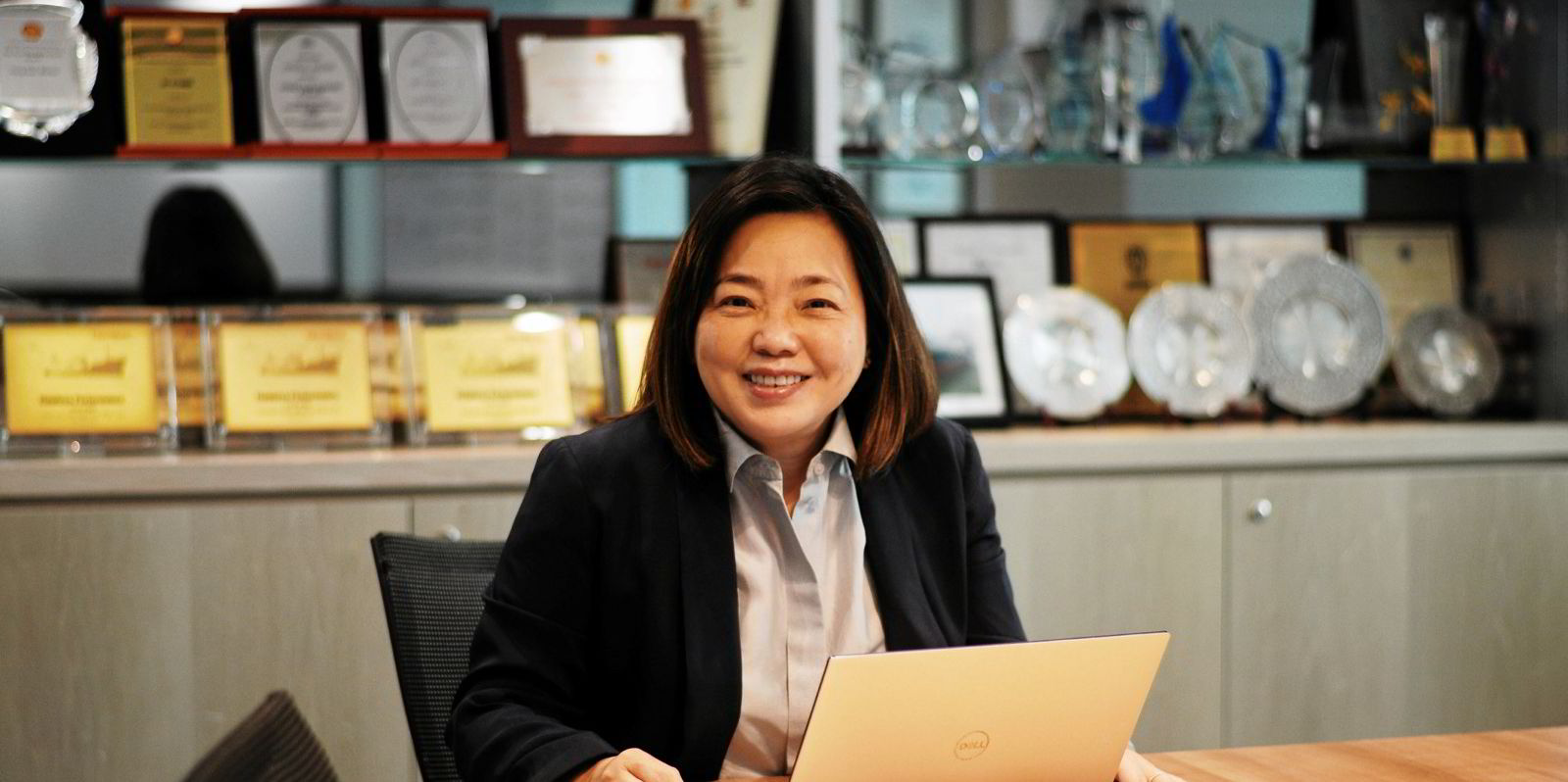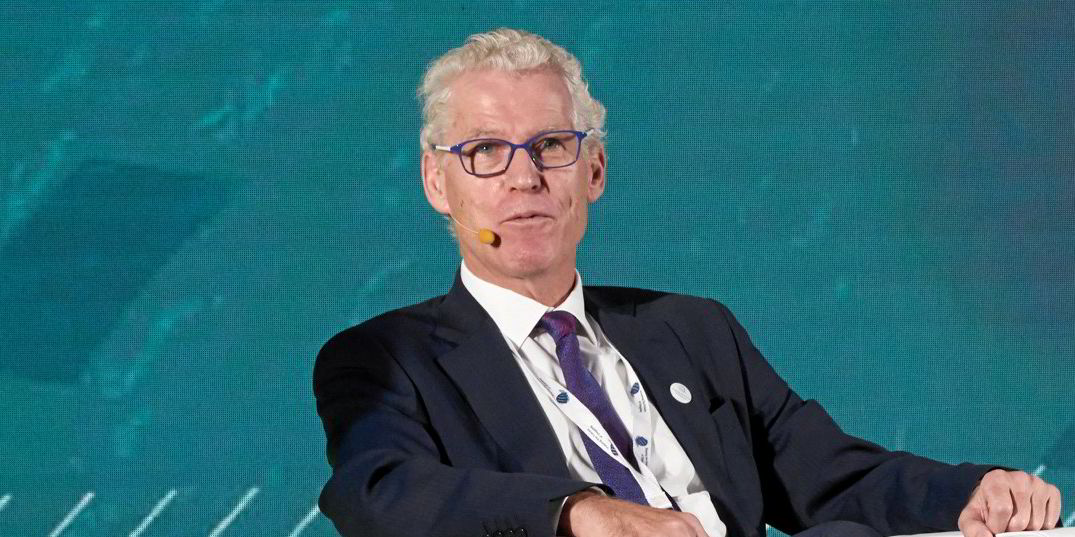Decarbonisation is an existential matter of survival but few credible plans to achieve it have emerged in shipping or the wider world, Asian shipping executives said today.
Asian Shipowners’ Association secretary general Yuichi Sonoda said it was vital significant progress in emission reductions was made in this decade if zero-emission targets for 2050 are to be hit.
“The critical decade for climate action is this — 2020 to 2030,” if a credible trajectory toward the longer-term goals was to be achieved, he said during a webinar on shaping the future of shipping in Asia.
Korean Register senior vice president and head of decarbonisation, Song Kang-Hyun said decarbonisation is not a matter of choice but survival, but added there were no definite ways forward yet.
There are too many options to consider and too much information for shipping companies to handle, he said, giving an example of the 800 pages of regulations involved in the EUFuel Maritime directive.
International Chamber of Shipping secretary general Guy Platten pointed to last week’s launch of the Clean Energy Marine Hubs Initiative to create key port centres that pulled together alternative propulsion efforts across the shipping, finance, and energy sectors.
The governments of Canada and the United Arab Emirates have signed up to the initiative, and Norway, Panama and Uruguay expressing support while Platten called on others to join in.
Emphasising the need for cooperation across sectors, Caroline Yang, president of the Singapore Shipping Association, pointed to companies working together on the port’s ammonia bunkering project as part of the green corridor initiative with Rotterdam.
Yang added that all parties – ship owners, charterers, cargo customers, financiers and governments would need to collaborate and share the costs of transitioning to lower carbon fuels.
Song said the push by first movers like Maersk, CMA CGM and Hyundai Merchant Marine into the use of green methanol as a fuel were important in getting progress underway.
Sanjay Kuttan, chief technology officer of the Singapore-based Global Center for Maritime Decarbonisation said decarbonisation requires a complex interaction of multiple stakeholders and integrations of assets to create a system of systems.
He said it was important to identify the gaps in technology research and development. Investment priorities are to fund the production of green fuels, storage and delivery systems, energy converters and efficiency technologies, he added.
Yang and Platten also revealed that the ICS with the International Transport Workers federation will launch a report into the training required to upskill the world’s seafarers in how to use green fuel technologies at the COP27 climate talks in Egypt in November.





